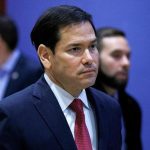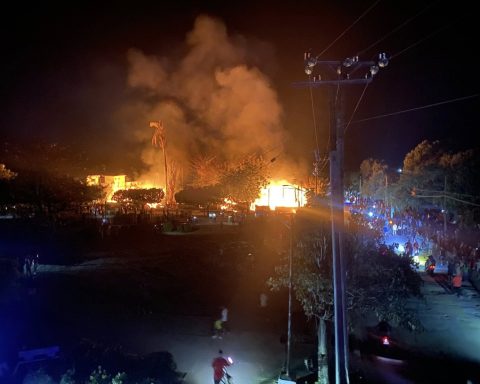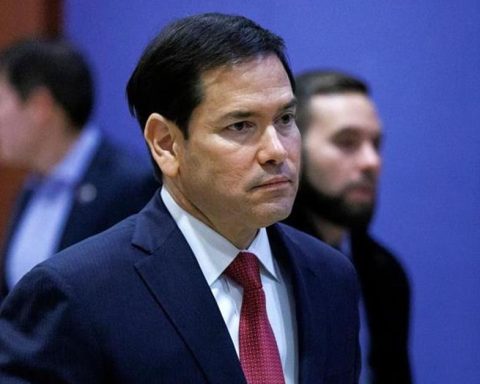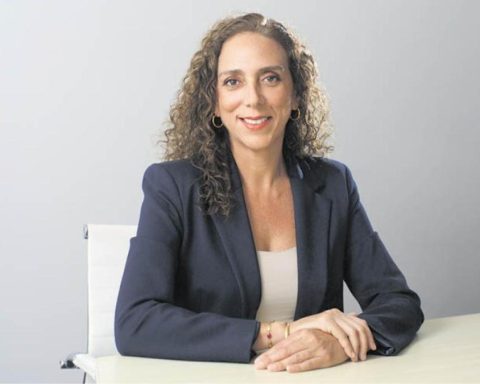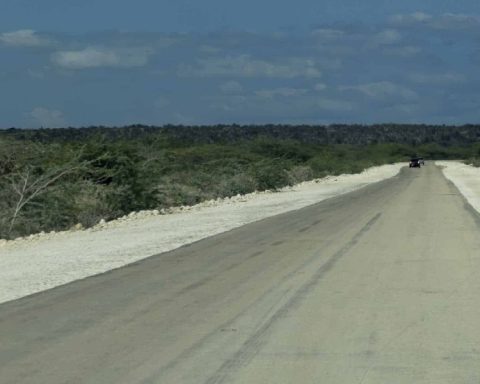“We are going to share information about our sanctions program. I am not a lawyer or an expert in compliance with banking sector sanctions. I want to explain about the US policy and some new information from the sanctions
The OFAC Treasury Department’s Office of Foreign Assets Control administers and enforces US foreign policy-based economic and trade sanctions.
financial penalties are US sovereign acts that seek 3 things:
- Protect the US system from abuse
- Establish tangible and meaningful consequences against corrupt actors
- And promote the behavior change of those sanctioned
The Global Magnitsky Human Rights Accountability Act of 2016, which we used here two months ago, focuses on confronting serious human rights abuses and corruption around the world by restricting their access to the United States.
In 2022, Congress permanently authorized this law, by a vote of 100-0 and 424-8 in the House of Representatives.
There is more than 600 individuals and entities on the Blocked Persons List and Specially Designated Nationals on the SDN list within the framework of the Global program.
In Latin America, OFAC targeted officials in Cuba, the Dominican Republic, El Salvador, Nicaragua, and Paraguay. In July, he promoted sanctions against Horacio Cartes and Hugo Velázquez for their participation in the corruption scheme in Paraguay, in accordance with the executive order that implements the law.
The sanctions are the result of a careful deliberative process and are based on credible and corroborated information and prevent Cartes and Hugo Velázquez from doing business with US companies or accessing US banks.
They have blocked the use of the US system. All property belonging to these individuals is blocked and must be reported to OFAC. The blockade establishes a prohibition of making a transfer or treatment of any kind.
They also prohibit United States citizens from transacting or supporting designated
Any entity or entities that are owned, controlled directly or indirectly or 50% or more by one or more blocked persons are also blocked Americans, citizens or green card must also comply. Includes permanent residents where they are.
Failure to do so can result in criminal or civil penalties of up to millions of dollars.
The sanctions do not apply to Paraguayans who do business with other Paraguayans, but if a company does business with US companies and if their business touches the US financial system, care must be taken that those companies are not controlled by an SDN.
FREQUENTLY ASKED QUESTIONS ON THE OFAC SITE, THERE ARE 3 ABOUT THIS SITUATION: LA 401, 402 AND 116
WHAT DOES 50% RELATIONSHIP WITH CERTAIN OWNERSHIP STRUCTURES MEAN?
How does OFAC interpret the 50%? For example, the first, the most important thing is that if a sanctioned person has 50% of entity A and entity A has 50% of entity B, entity B is considered blocked, this is because person X blocked has 50% of entity B.
If they are owned by a blocked person, then this entity is also blocked.
SECOND QUESTION 116
FINANCIAL INTERMEDIARIES, i.e. banks, an electronic transfer in which an SDN entity has an interest in what is considered a blocked entity.
Cases in which banks operate as intermediaries and have no direct relationship with the entity, for example, the SDN does not have a bank account, when the bank handles an electronic transfer and has information in its possession that leads the bank to know, or a entity involved in the transaction is subject to blocking, the bank will be liable if it does not take steps to ensure that the transfer is blocked.
OFAC expects banks to conduct due diligence to confirm that those banks are not persons whose property and interests in the property are blocked.
QUESTION 402 What happens when control of an SDN drops below 50%?
If ownership is less than 50%, entity will no longer be considered blocked, any transaction must occur entirely outside of US jurisdiction, must not involve the US If a person holds shares in a blocked entity, their actions will be blocked, and they need OFAC authorization.
If the transaction happens outside of the US without US permanent resident citizens, they do not need to notify OFAC.
Steps must be taken to determine that any alleged disappearance did in fact occur and that the transfer was not a fictitious transaction.
OFAC urges caution when processing transactions involving such entities, as such entities may become the subject of future OFAC designations.
On January 26, OFAC named 4 entities as SDN:
USA Tobacco, USA Drinks, Dominican, Acquisition and Chajha
The Office of Foreign Assets Control will add Tabacalera del Este to the list of Blocked Persons and Specially Designated Nationals SDN
As an entity, owned more than 50% or more by Horacio Cartes, it was already subject to US financial sanctions announced on January 26. The reason for this action is for OFAC to issue a general license to authorize Tabesa to make payments under the 1998 tobacco master settlement agreement.
These five companies will be included in the Treasury Department’s OFAC SDN list.”
United States Embassy Conference by diary today on Scribd









